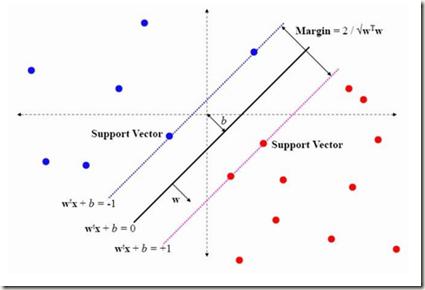The vision of pervasive artificial intelligence (AI) services can be realized by training an AI model on time using real-time data collected by internet of things (IoT) devices. To this end, IoT devices require offloading their data to an edge server in proximity. However, transmitting high-dimensional and voluminous data from energy-constrained IoT devices poses a significant challenge. To address this limitation, we propose a novel offloading architecture, called joint data deepening-and-prefetching (JD2P), which is feature-by-feature offloading comprising two key techniques. The first one is data deepening, where each data sample's features are sequentially offloaded in the order of importance determined by the data embedding technique such as principle component analysis (PCA). Offloading is terminated once the already transmitted features are sufficient for accurate data classification, resulting in a reduction in the amount of transmitted data. The criteria to offload data are derived for binary and multi-class classifiers, which are designed based on support vector machine (SVM) and deep neural network (DNN), respectively. The second one is data prefetching, where some features potentially required in the future are offloaded in advance, thus achieving high efficiency via precise prediction and parameter optimization. We evaluate the effectiveness of JD2P through experiments using the MNIST dataset, and the results demonstrate its significant reduction in expected energy consumption compared to several benchmarks without degrading learning accuracy.
翻译:暂无翻译



